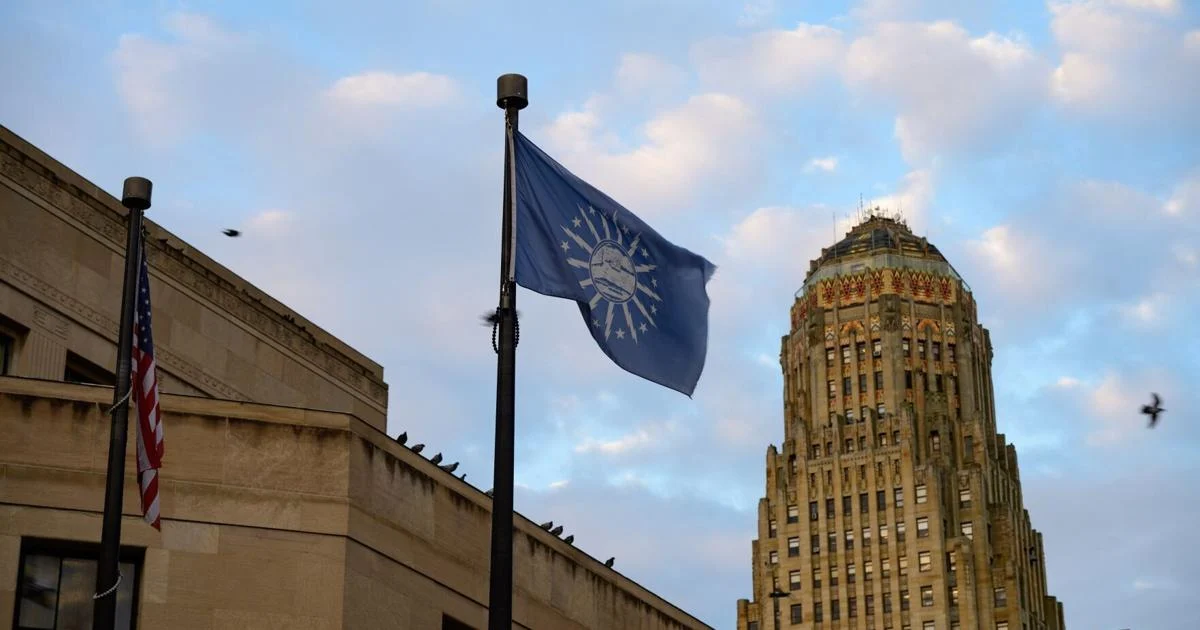Copyright ghanamma

Introduction The persistent challenge of high unemployment—particularly among Ghana’s youth—remains one of the most formidable threats to our nation’s development and social cohesion. This issue transcends statistics; it is a deeply human crisis representing broken aspirations, unrealized potential, and the erosion of confidence among a generation that should be the vanguard of innovation and transformation. As a Ghanaian deeply concerned about our collective future, I contend that addressing youth unemployment demands both visionary leadership and active civic participation. The new administration cannot—and must not—face this challenge in isolation. It is a national emergency that requires unity, strategic collaboration, and a renewed moral consciousness about our shared responsibility to rebuild the economic and psychological foundations of hope. Understanding the Dimensions of Youth Unemployment Youth unemployment in Ghana is not a recent phenomenon; it is a deeply entrenched structural issue rooted in systemic weaknesses across education, industry, and governance. Although young people constitute more than 60% of Ghana’s population, their participation in productive and secure employment remains disproportionately low. The widening gap between academic training and the realities of the labor market continues to exacerbate the problem. While tertiary institutions produce intellectually capable graduates, many lack the technical, entrepreneurial, and critical-thinking skills essential for participation in an evolving global economy. Moreover, the informal sector—where a large number of young Ghanaians seek refuge—offers little in terms of job security, decent wages, or career progression. This imbalance perpetuates a cycle of underemployment, poverty, and disillusionment, driving some youth toward illegal migration, social vices, and loss of hope in the system. The Role of Government and Policy Reform The new administration inherits not only the challenge but also the opportunity to redefine the future of work in Ghana. Government interventions must transcend political rhetoric and be grounded in a coherent national employment strategy that integrates education, innovation, and industry. First, education reform should prioritize technical and vocational training, research-driven innovation, and sustained partnerships between academia and the private sector. Our educational curriculum must evolve from rote memorization to a system that fosters creativity, entrepreneurship, and problem-solving. Second, industrial policy must deliberately promote small and medium-sized enterprises (SMEs), digital entrepreneurship, and agribusiness development. Ghanaian youth possess creativity and ambition, but often lack access to capital, mentorship, and structured opportunities. A transparent, merit-based, and inclusive national entrepreneurship fund could transform innovative ideas into sustainable ventures. Third, public sector reform should emphasize efficiency, productivity, and innovation rather than expansion. The state cannot indefinitely serve as the employer of last resort. Its role must be to create an enabling environment where private enterprise flourishes and young professionals can find meaningful, merit-based employment. The Role of Citizens and the Call for Collective Responsibility National progress cannot rest solely on the shoulders of government. As citizens, we must recognize that every Ghanaian has a role to play in confronting this crisis. A renewed culture of self-reliance, mentorship, and community-based investment is essential to reversing the current trend of youth despair. Ghanaian professionals—both at home and in the diaspora—must actively mentor and empower young people through knowledge-sharing, skill development, and innovation networks. Local communities, traditional leaders, and faith-based organizations can also catalyze change by fostering cooperative enterprises and supporting local entrepreneurship. This spirit of intergenerational collaboration reflects the true essence of nation-building—leadership that transcends politics and manifests through service, compassion, and shared vision. Restoring Confidence and National Hope Restoring confidence among Ghana’s youth is not only an economic necessity but also a moral imperative. A nation that neglects its youth risks moral decline and social instability. We must demonstrate, through action, that the Ghanaian dream remains alive—that integrity, discipline, and hard work can still yield success. The new administration must communicate its policies transparently, deliver opportunities that are genuinely accessible, and model accountability that rebuilds public trust. When young people believe in the fairness of the system, frustration transforms into innovation; when they see honest leadership and equitable opportunity, they channel their creativity toward national progress rather than despair. Effective governance and active citizenship must therefore coexist—not only to generate employment but also to restore the deeper sense of psychological confidence that sustains national identity and collective purpose. Reclaiming the Future Together The crisis of youth unemployment in Ghana is both an economic challenge and a moral test of our collective will. It calls for a national awakening that values skills over status, innovation over imitation, and shared progress over individual gain. The new administration must lead this transformation with courage, vision, and accountability. Yet, it is the Ghanaian people—particularly the older generation and the diaspora—who must sustain this effort through mentorship, participation, and faith in our collective potential. If we rise together in this defining moment, we will not only create employment but also restore dignity, stability, and confidence to an entire generation. In doing so, we affirm that Ghana’s future is not lost—it is waiting to be reclaimed by a determined people committed to making hope real again. Author: Serwaah Bonsu Date: Monday, 10 November 2025 © 2025 Serwaah Bonsu. All rights reserved. No part of this article may be reproduced, distributed, or transmitted in any form or by any means—including photocopying, recording, or other electronic or mechanical methods—without prior written permission from the author, except for brief quotations used in critical reviews or permitted noncommercial uses under applicable copyright law.



